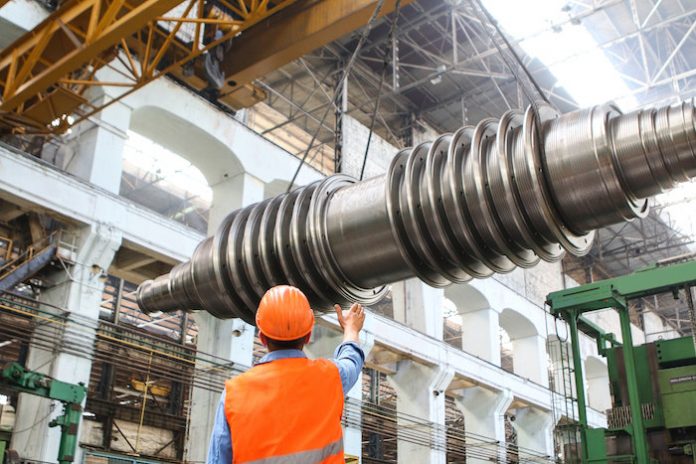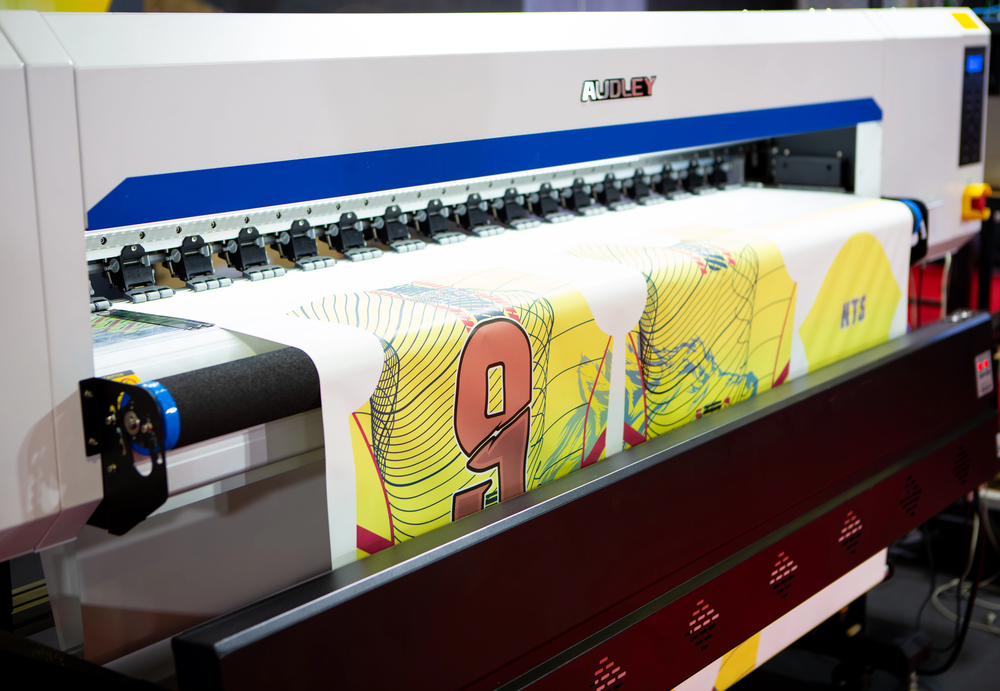When it comes to production, a business can either operate their own manufacturing plant(s) or outsource production to a manufacturing partner. While each of these options has its own benefits and challenges, outsourcing seems to be the better option for smaller businesses—as this guide will show.
Zero capital costs
One of the main obstacles for any business seeking to set up its own manufacturing operation is the high capital costs. This includes the cost of purchasing (or leasing) machinery, real estate acquisition costs, and building costs. In some jurisdictions, the cost of getting the right zoning and operational licenses can be astronomical. All these are avoided when you outsource manufacturing. A small business can access full-fledged 3D printing services to handle their production, at a relatively affordable cost with no capital expenditure.
Unmatched scalability
This is one of the biggest benefits of outsourcing manufacturing, since none of the production capacity is owned by the business. Outsourcing gives businesses the agility to respond to demand spikes with very short notice. When a large order is received, the business can simply increase its manufacturing order from the supplier, or spread the heavier demand load between more manufacturers. Similarly, when demand is low, the business does not have to incur the cost of owning and maintaining an underutilized manufacturing infrastructure. The business simply scales back on its orders, knowing that future demand spikes can be fulfilled in a timely manner.
Access to state-of-the-art manufacturing technology
Capital costs, especially when it comes to modern manufacturing equipment, can be very high. This puts smaller businesses at a disadvantage since they cannot afford to purchase the equipment they need to manufacture their products. Outsourcing the manufacturing process removes this barrier, allowing small businesses to access services like CNC machining or rapid prototyping without incurring prohibitively high purchasing or leasing costs. Access to innovation, through outsourcing, also allows smaller businesses to create products that can compete on equal footing with products from financially established competitors.
Fewer legal and regulatory concerns
There are many legal and regulatory issues that businesses have to deal with before and during the operation of a manufacturing plant. Issues include environmental protection, worker safety, zoning, and the utilization of natural resources as raw materials. In most cases, a business needs a well-staffed internal legal department to oversee its compliance with all these laws and regulations. This is not financially viable for most smaller businesses, which is why outsourcing is recommended.
Find a Home-Based Business to Start-Up >>> Hundreds of Business Listings.

















































